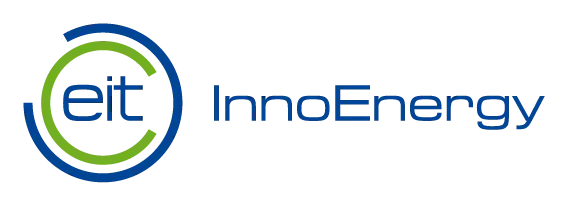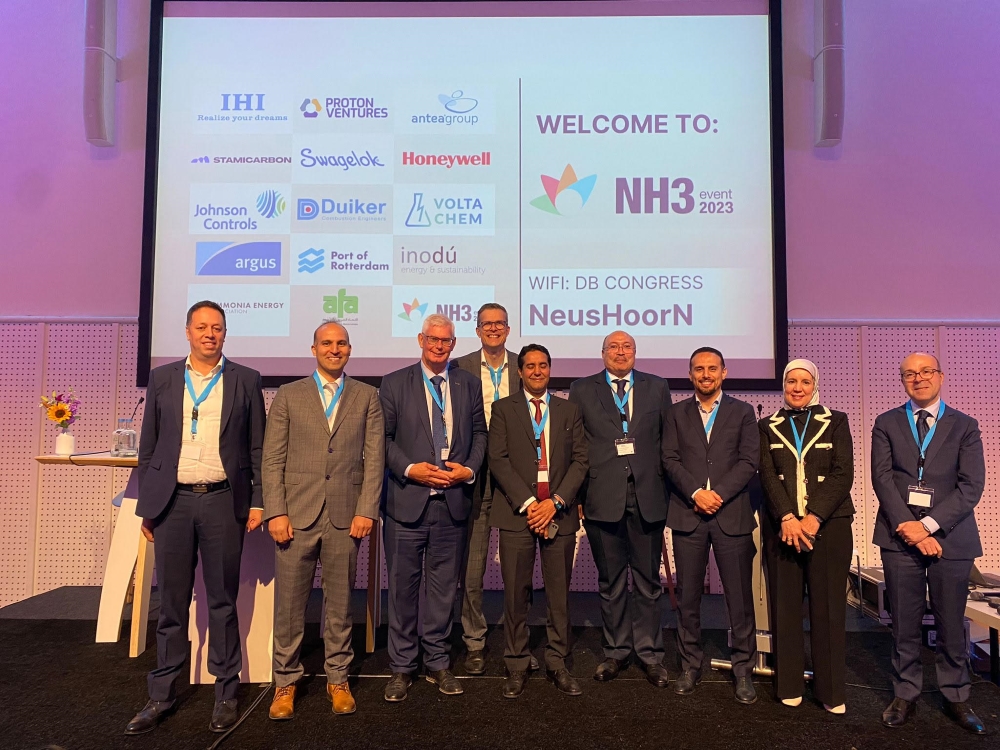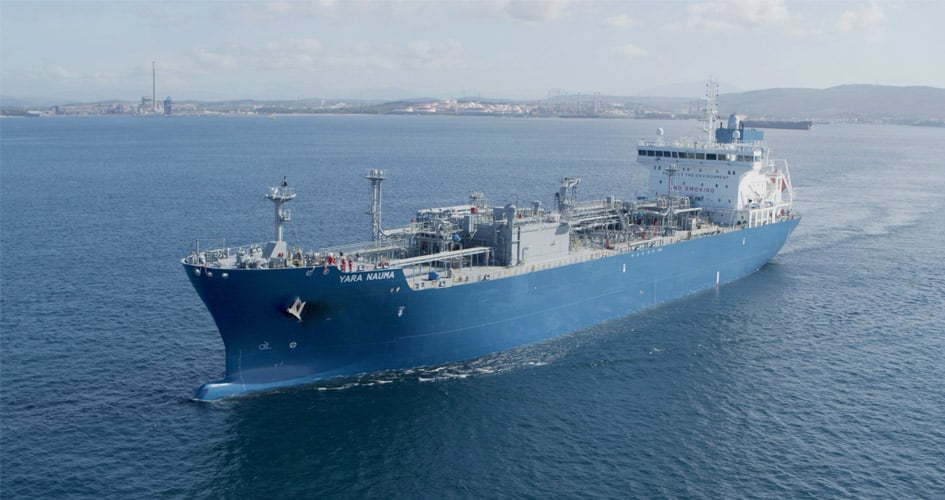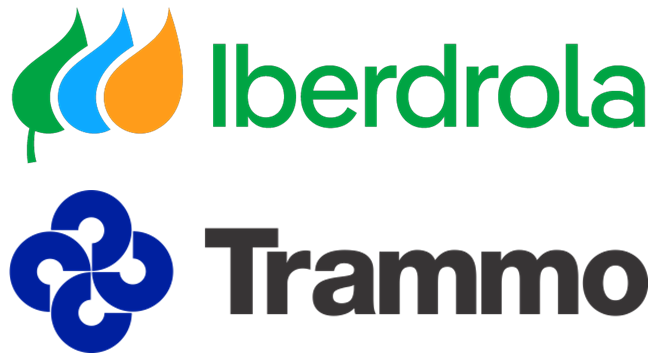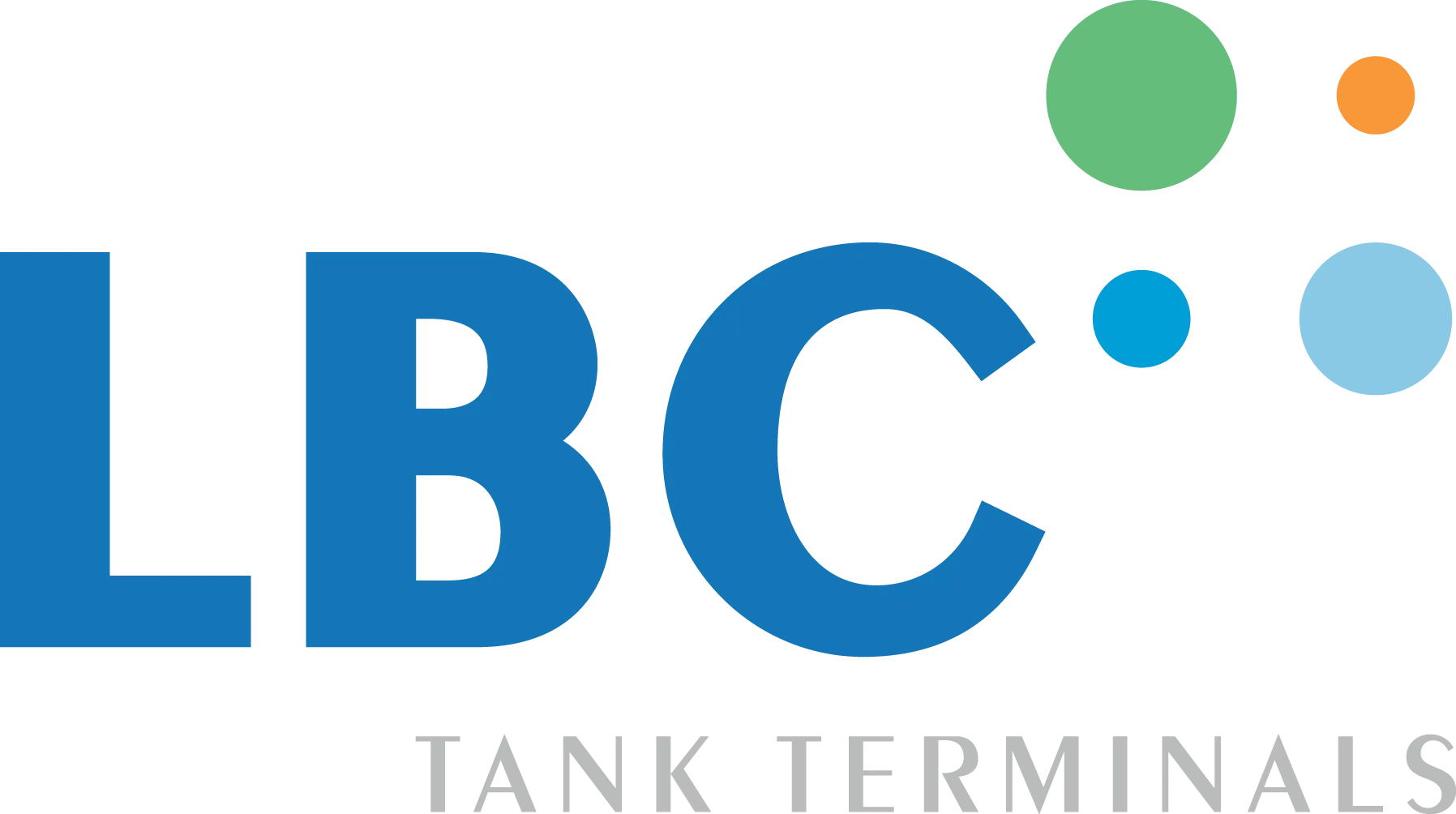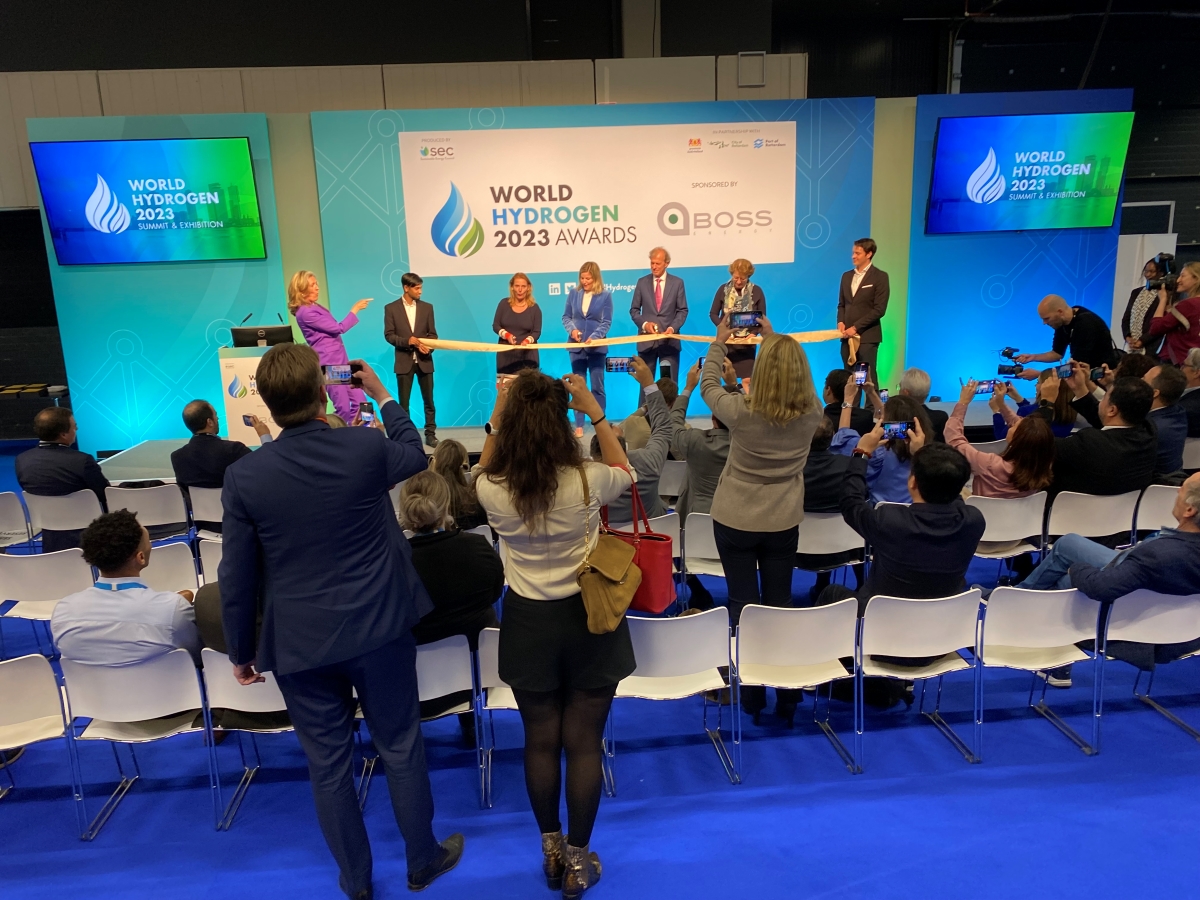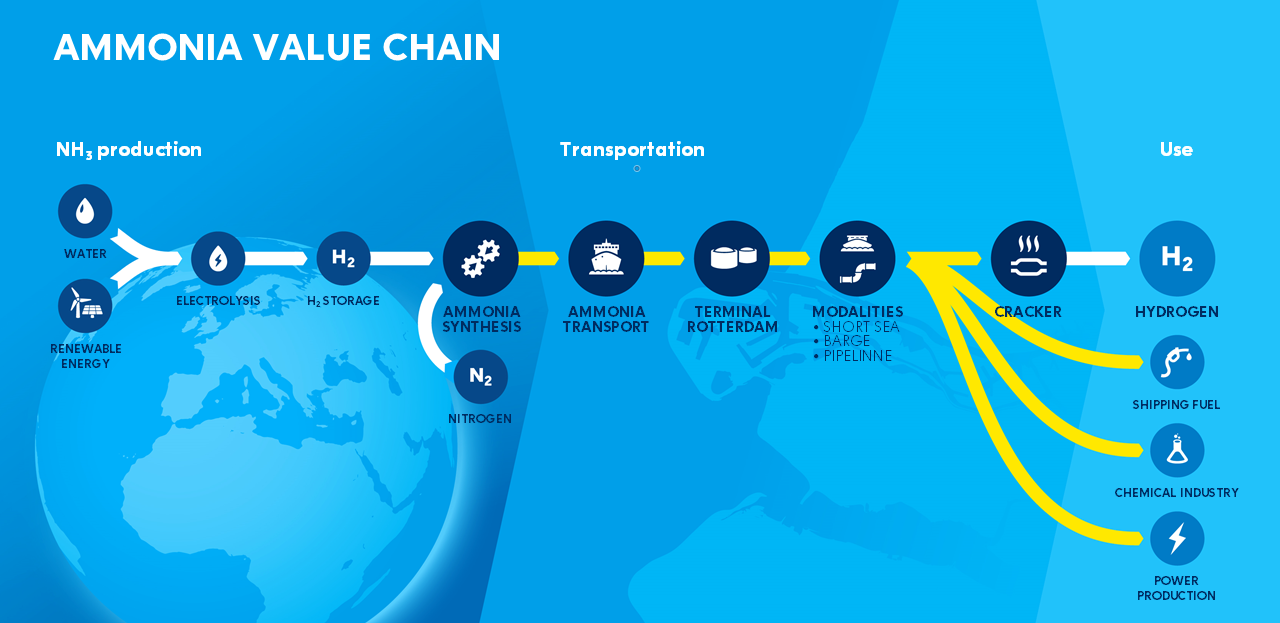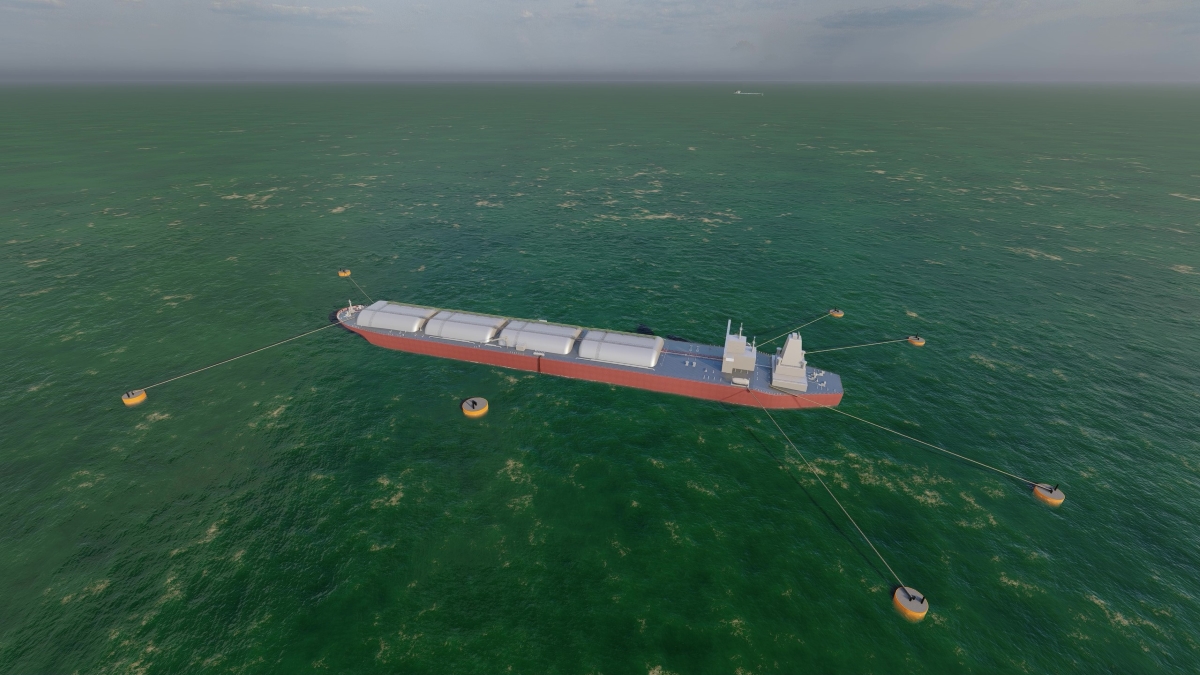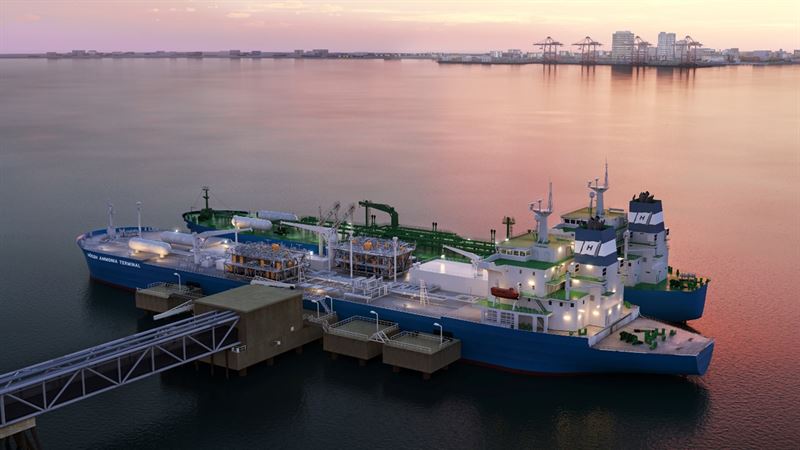2023 really is the year of change for the clean ammonia business, with momentum on display across the world. Let’s keep up the pace, keep working together, and help spread the word that clean ammonia will be a winning market.
Netherlands
Yara & Cepsa: paving the way for the first ammonia deliveries to Rotterdam
Yara Clean Ammonia will supply Cepsa with ammonia, and provide Cepsa access to its “global supply base and logistical footprint” so it can deliver ammonia to industrial & maritime customers in northwest Europe. The strategic partnership will also help realise a new green maritime corridor between Algeciras and Rotterdam.
Trammo, Iberdrola sign up to key offtake agreement
Trammo will purchase & sell up to 100,000 tonnes per year of renewable ammonia from Iberdrola in Spain, starting in 2026. The agreement kickstarts a green hydrogen corridor linking southern and northern Europe, with Trammo to focus on ammonia sales to industrial customers.
International momentum on display in the Netherlands
This May, AEA Executive Vice-President Hans Vrijenhoef presented at two events in the Netherlands: the World Hydrogen Summit & the TXF Global Commodity Finance & Sustainable Natural Resources conference. Momentum was clearly on display, with Rotterdam & Africa in the spotlight.
Preparing the Netherlands for large-scale ammonia imports
As Europe is expected to import a significant part of its hydrogen needs, ammonia cracking will play a key role. New results from a pre-feasibility study shed light on important considerations for efficient, safe deployment of industrial scale cracking at Rotterdam. Modernisation of the Netherland’s official ammonia storage and loading guideline also shows that fit-for-purpose regulation will be important to meet the demands of a fast-growing ammonia industry.
Unlocking ammonia offtake through a fully functional import supply chain
New industry partnerships between suppliers, offtakers and existing infrastructure owners will boost confidence for project developers in the fast-growing renewable ammonia industry. Recent announcements from Namibia, Germany and Norway demonstrate that a comprehensive ammonia supply chain is being established between Europe and key global locations, making FID & project investment decisions more straightforward.
Maritime developments: on-water cracking, AiPs and Singapore bunker study releases first results
In maritime ammonia updates this week:
- In Europe, government funding will support the development of an ammonia cracking system that can be installed on existing LNG vessels (Norway), and the establishment of a floating production and storage facility connected to an offshore wind farm (Netherlands).
- Two AiPs have been granted: one for Korea’s first ammonia FSRU vessel, the other for a bunkering tanker in Singapore.
- H2Carrier and Trelleborg will develop a ship-to-ship ammonia transfer system.
- And GCMD has unveiled the results of their Singaporean ammonia bunker study. All risks identified for conducting pilot projects were found to be low or mitigable, with work towards those pilots to continue.
